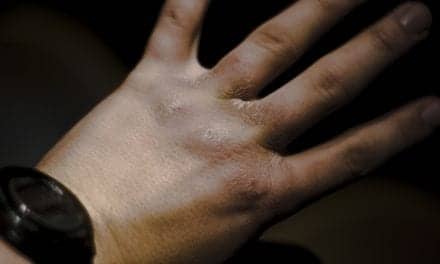The identification of ugly duckling nevi (UDN), a term used to describe a nevus that is obviously different from others on an individual, using a whole-body skin examination for intrapatient comparative analysis (IPCA) is a reliable cognitive process, according to the results of a study published in JAMA Dermatology.
In other words, when a group of expert dermatologists had access to all nevi on a given patient, they were able to decrease the number of nevi biopsied and the number needed to treat for one melanoma compared with the use of a separate analysis of each individual nevus.
“This study demonstrated that dermatologists who cannot access the patient’s entire skin and perform IPCA will not be as effective as they can be; thus, examining only a nevus that concerns the patient, examining a patient who is not undressed, or assessing only the images of suspicious lesions that were transmitted electronically will not achieve the greatest accuracy,” wrote researcher Caroline Gaudy-Marqueste, MD, PhD, of the dermatology and skin cancer department at Hôpital Timone in Marseille, France, and colleagues. “Promoting the use of IPCA in the diagnosis of melanoma may improve early detection.”
Click here to view original web page at www.cancernetwork.com



